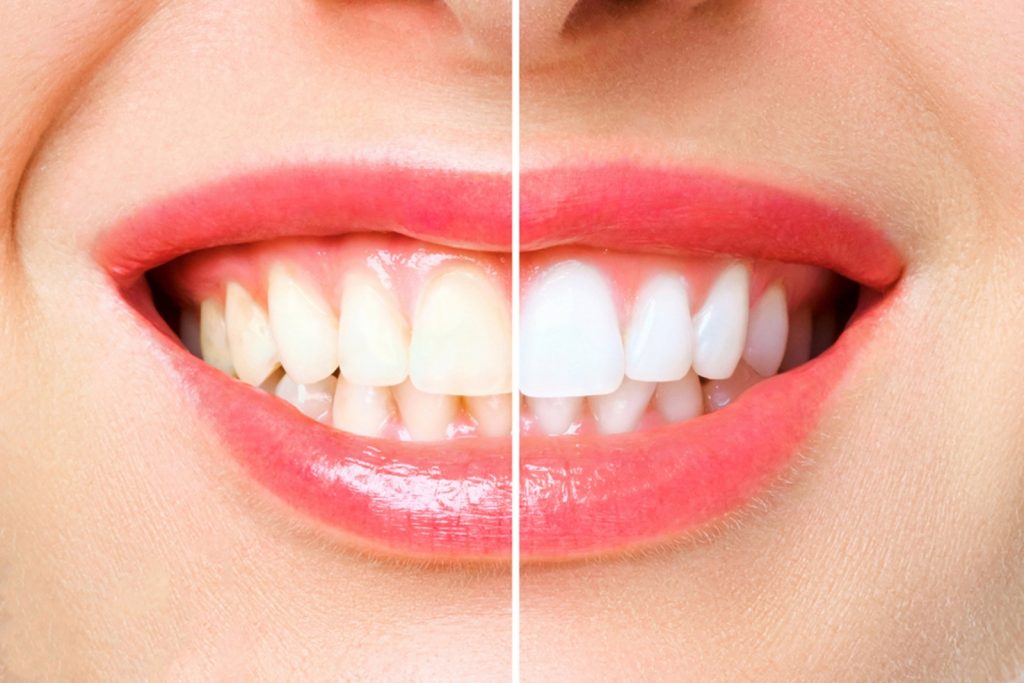Why Your Teeth Remain Yellow Despite Daily Brushing
You brush diligently every day, yet your smile isn’t quite as pearly white as you’d like. This can be frustrating, but fear not! Yellowing teeth, even with consistent brushing, are a common occurrence with various contributing factors. This comprehensive guide explores the reasons behind stubborn yellow teeth despite brushing, offers solutions to brighten your smile, and provides tips for long-term stain prevention.
Beyond Brushing: Unveiling the Culprits of Tooth Discoloration
While brushing is essential for oral hygiene, it might not be enough to combat all types of tooth discoloration. Here are the main reasons why your teeth might remain yellow even with daily brushing:
- Enamel Thinning: The outermost layer of your tooth is enamel, a white, hard substance. As we age, enamel naturally thins, revealing the underlying dentin, a yellowish tissue that contributes to the overall tooth color.
- Stained by Food and Drinks: Certain foods and beverages, like coffee, tea, red wine, berries, curries, and soy sauce, contain pigments called chromogens that can adhere to the tooth enamel, causing stains.
- Smoking and Tobacco Use: Nicotine and tar present in cigarettes and tobacco products stain teeth, leading to a yellow or brown discoloration.
- Medication Side Effects: Certain medications, such as tetracycline antibiotics used during childhood, can stain developing teeth.
- Genetics: Some people naturally have thicker or thinner enamel, and the inherent color of their dentin can influence their overall tooth shade.
Shining Solutions: Restoring Your Smile’s Brilliance
There are various options available to achieve a brighter smile, depending on the severity of the staining and your desired results. Here are some effective approaches:
- Professional Teeth Cleaning: A professional cleaning by your dentist removes built-up plaque and tartar that contribute to yellowing. They can also use specialized polishing techniques to further whiten the teeth.
- Over-the-Counter Whitening Products: A wide range of over-the-counter whitening products are available, including whitening toothpaste, strips, and gels. These products typically contain mild bleaching agents that can gradually whiten teeth. However, results might be subtle and vary depending on the product and the severity of the staining.
- In-Office Whitening Treatments: For a more dramatic whitening effect, your dentist can perform in-office whitening treatments. These treatments use stronger bleaching agents and can achieve significant whitening results in a single visit.
Choosing the Right Option: Consult your dentist to discuss the best whitening method for your individual needs and desired outcome. They can assess the cause of your yellowing and recommend the most appropriate solution.
Maintaining a Bright Smile: Preventive Strategies for Long-Term Whiteness
Once you’ve achieved your desired level of whiteness, here are some crucial practices to prevent future staining and maintain a bright smile:
- Continue Brushing and Flossing Regularly: Maintain a consistent oral hygiene routine by brushing your teeth twice a day and flossing daily. This removes food particles and plaque that can contribute to staining.
- Limit Staining Foods and Drinks: Enjoy your favorite beverages in moderation, and rinse your mouth with water after consuming staining foods.
- Consider Using Whitening Toothpaste: While not as effective as dedicated whitening products, whitening toothpaste can help maintain a brighter smile and remove surface stains.
- Schedule Regular Dental Checkups: Regular dental cleanings and checkups are crucial for maintaining oral health and preventing future discoloration. Your dentist can also monitor your teeth and recommend additional whitening treatments if needed.
Frequently Asked Questions (FAQ)
Q: Is it safe to whiten my teeth at home?
A: Over-the-counter whitening products are generally safe for most people when used as directed. However, it’s always best to consult your dentist before using any whitening products, especially if you have sensitive teeth or existing dental concerns.
Q: Can brushing too hard damage my teeth?
A: Yes, brushing too hard can wear down tooth enamel and contribute to sensitivity. Use a soft-bristled toothbrush and gentle brushing motions.
Q: Will professional teeth whitening damage my teeth?
A: In-office whitening treatments performed by a dentist are generally safe. However, some people might experience temporary tooth sensitivity after the treatment. Discuss any concerns with your dentist beforehand.
Q: How long will my teeth stay white after whitening?
A: The longevity of whitening results depends on individual habits. Proper oral hygiene and limiting staining foods and drinks can help maintain a brighter smile for a longer duration.

